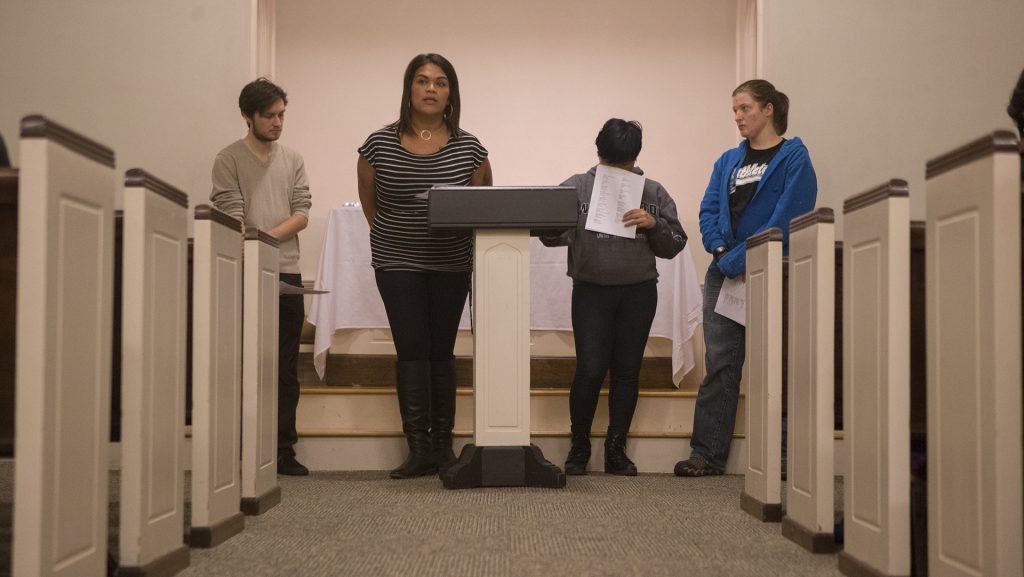In Iowa, there is not a law protecting against hate crimes based on gender identity. Hate crimes are crimes committed against people or their property “because of person’s race, color, religion, ancestry, national origin, political affiliation, sex, sexual orientation, or disability.”
The classification of a hate crime lies in someone’s motive; the horrific acts occur because perpetrators target victims based on the above characteristics. Many times perpetrators have their own predication against a certain group of people that motivates them to commit heinous crimes. Under Iowa’s current code, a transgender person cannot experience or be a victim of a hate crime, even though transgender people are disproportionately victims of violent crimes.
Iowa’s disregard for transgender hate crimes is absolutely unacceptable, and the state must not only change its policies but also work to create an environment in which discrimination against transgender people is unacceptable.
RELATED: Medicaid loss hits transgender community
Of course, if people were to assault, kill, or commit any other slew of crimes against someone who is transgender, they would still be convicted of that crime. The problem lies in the precedents set by lack of protection. If not even the government sees the crimes as hateful, it creates an environment conducive to allowing this disparity to continue.
A very salient case has come to the forefront of this debate; just under a year ago, a gender-fluid teen, Kedarie Johnson, was slain in Burlington. Jorge Sanders-Galvez arrested and accused of first-degree murder. Because of the lack of protection for transgender or gender-fluid people in Iowa, a federal ruling is the only way that Sanders-Galvez could be convicted of a hate crime. Recently, Jeff Sessions has rolled back laws that protect transgender or gender-fluid people from becoming victims of discriminatory crimes. Contradictory to Session’s seemingly transgender phobic actions, he sent a federal prosecutor to assist in the trial against Sander-Galvez.
Some people argue that being transgender or gender-fluid is a choice and therefore should not be included in hate crime protection. But upon further review of the law that exists now, people can not discriminate based on religion. And although I believe that anyone has the right to practice any religion, those people also have the choice to decide which religion they would like to practice. People are not forced to practice or participate in a specific religion; rather, we choose based on our own beliefs. So even if it is someone’s perception that people choose to be transgender, their argument is invalid.



